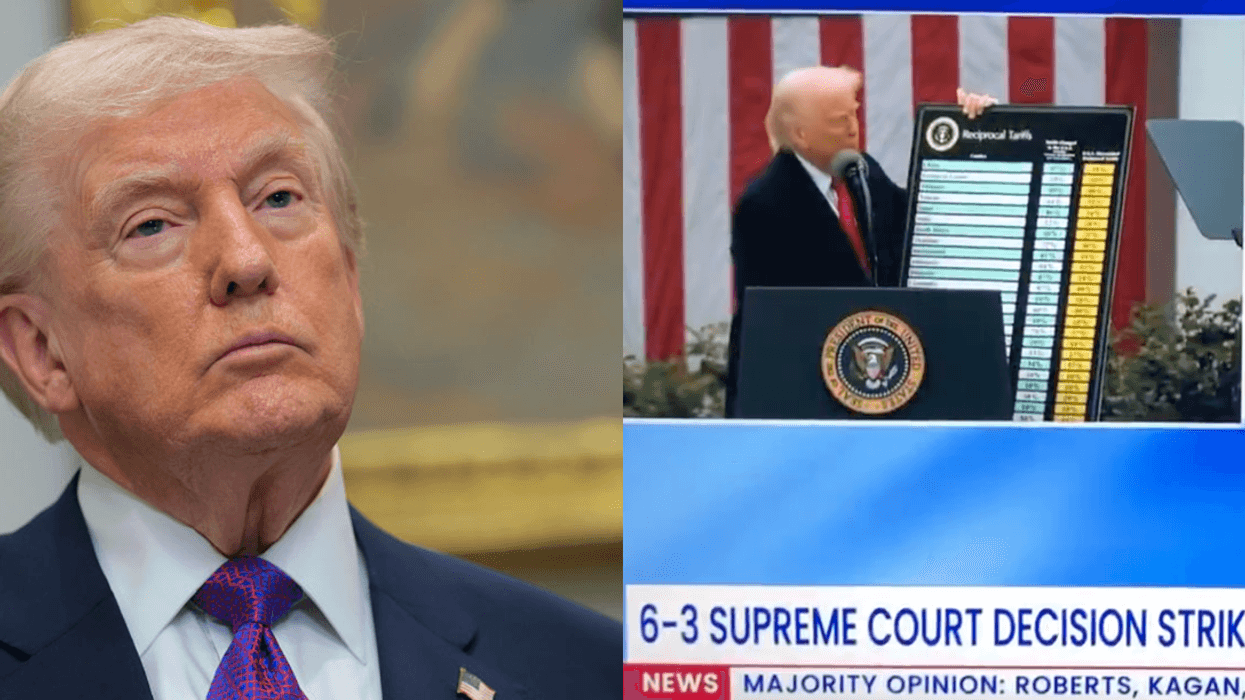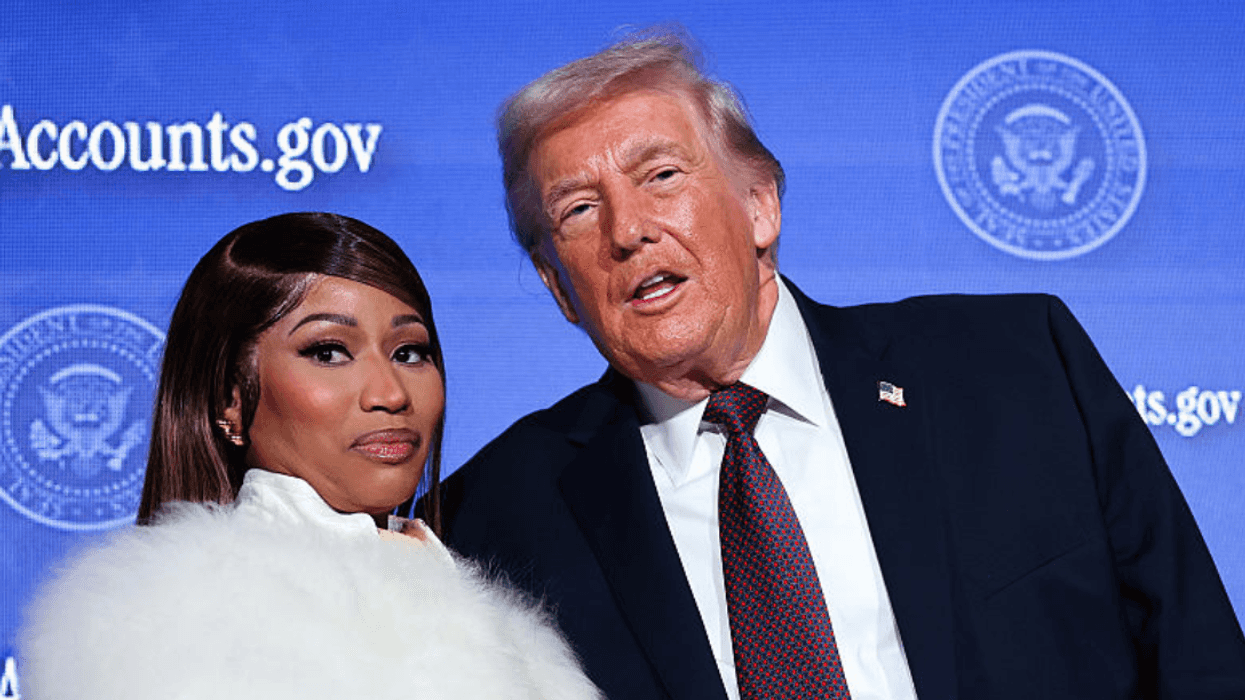A Florida school board voted to ban the book Ban This Book from school libraries after a complaint from Indian River County Moms for Liberty chair Jennifer Pippin—a decision steeped in irony.
Naturally, the board's vote, which passed by a narrow margin of 3-2, has drawn significant attention due to the book's subject matter: an exploration of the impact and implications of book banning.
Ban This Book, published in 2017, tells the story of fourth-grader Amy Anne Ollinger, who discovers her favorite book has been banned from her school library. The narrative follows Amy's efforts to challenge the ban and addresses themes of censorship and the power of literature.
The move to ban the book was spearheaded by Pippin, who found the book inappropriate. Pippin's campaign to remove the book garnered support from school board members Jacqueline Rosario and Gene Posca, both endorsed by Moms for Liberty, as well as Kevin McDonald, who was appointed to the board by Florida Republican Governor Ron DeSantis.
In the motion to ban Ban This Book, board members expressed concerns over its content, particularly its references to other banned books and its perceived encouragement of "rebellion of school-board authority." The decision to ban the book overruled the district’s book review committee, which had previously vetted the title and recommended keeping it available to students.
Author Alan Gratz responded to the decision, calling it "incredibly ironic" in an interview with the Tallahassee Democrat:
“They banned the book because it talks about the books that they have banned and because it talks about book banning. It feels like they know exactly what they’re doing and they’re somewhat ashamed of what they’re doing and they don’t want a book on the shelves that calls them out.”
Many agreed with Gratz—the irony was off the charts.
The GOP-led effort to ban books has garnered significant national attention, with libraries emerging as a major flashpoint among hard-line Republicans who've pushed back against literature they've deemed "subversive."
Typically, legislators initiate book bans as their first step. If these bans don't yield the desired results, they often escalate to threats of defunding local libraries. This pattern tends to emerge in states where lawmakers seek to restrict healthcare access for transgender individuals, limit drag performances, and regulate discussions on gender, sexuality, race, and history in schools.
Over time, certain factions within the GOP have increasingly resorted to drastic measures in the name of censorship, resulting in significant setbacks for libraries nationwide.
Advocates for library closures often cite concerns about "inappropriate topics" for children and make unsubstantiated claims about schools indoctrinating or "grooming" children with leftist ideologies.














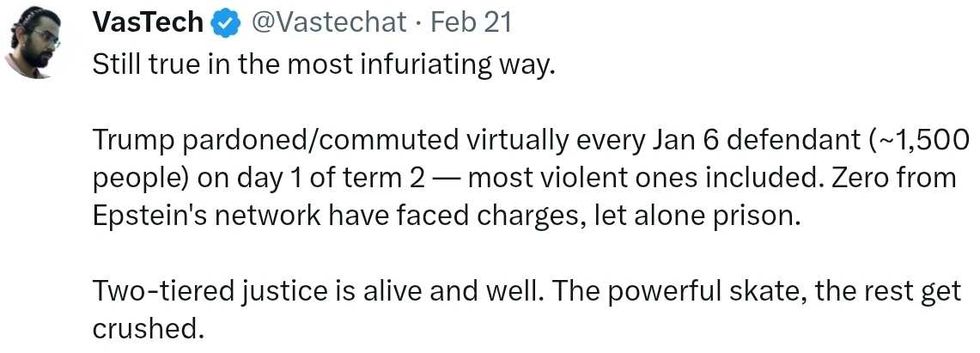 reply to @elonmusk/X
reply to @elonmusk/X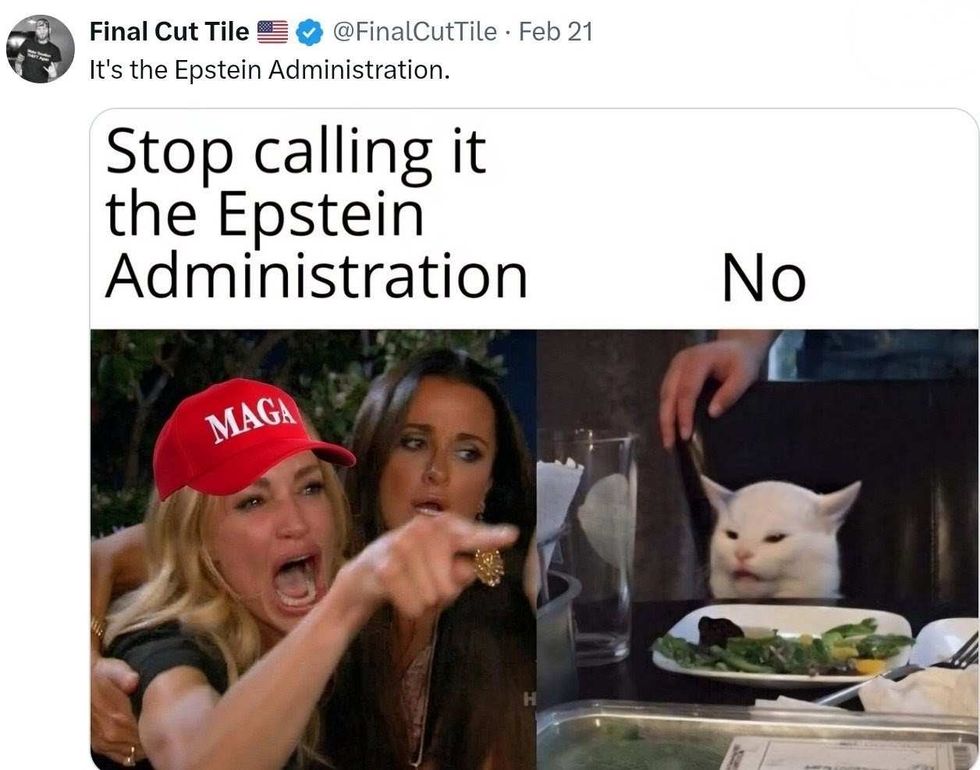 reply to @elonmusk/X
reply to @elonmusk/X reply to @elonmusk/X
reply to @elonmusk/X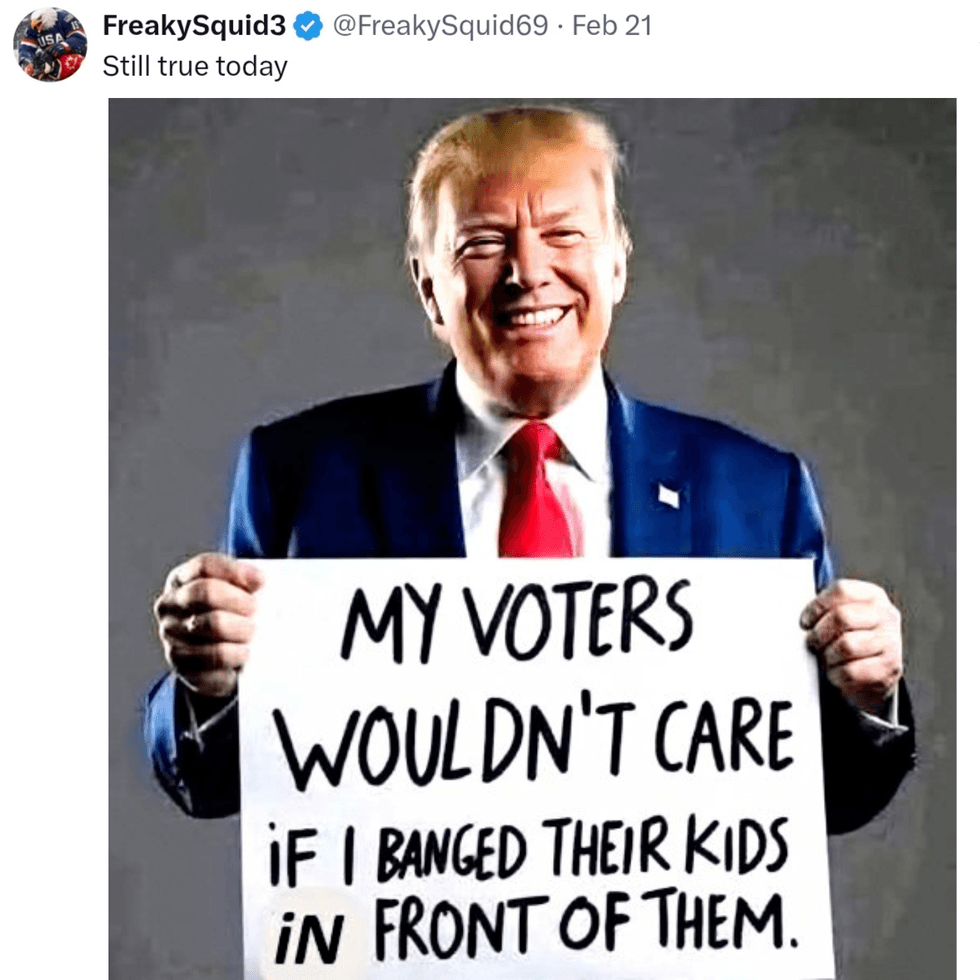 reply to @elonmusk/X
reply to @elonmusk/X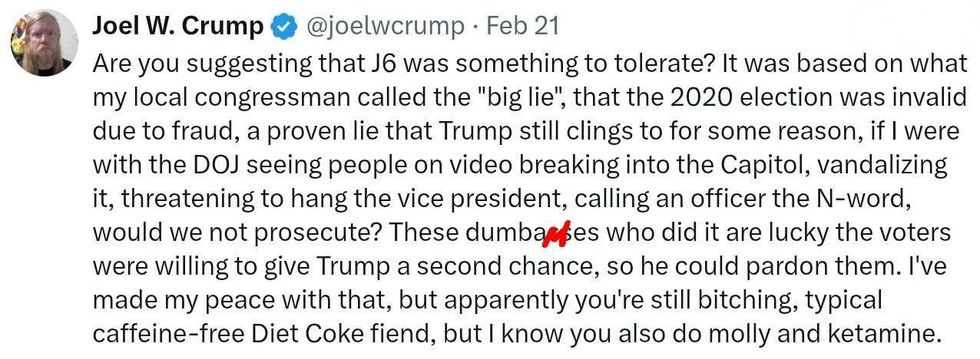 reply to @elonmusk/X
reply to @elonmusk/X reply to @elonmusk/X
reply to @elonmusk/X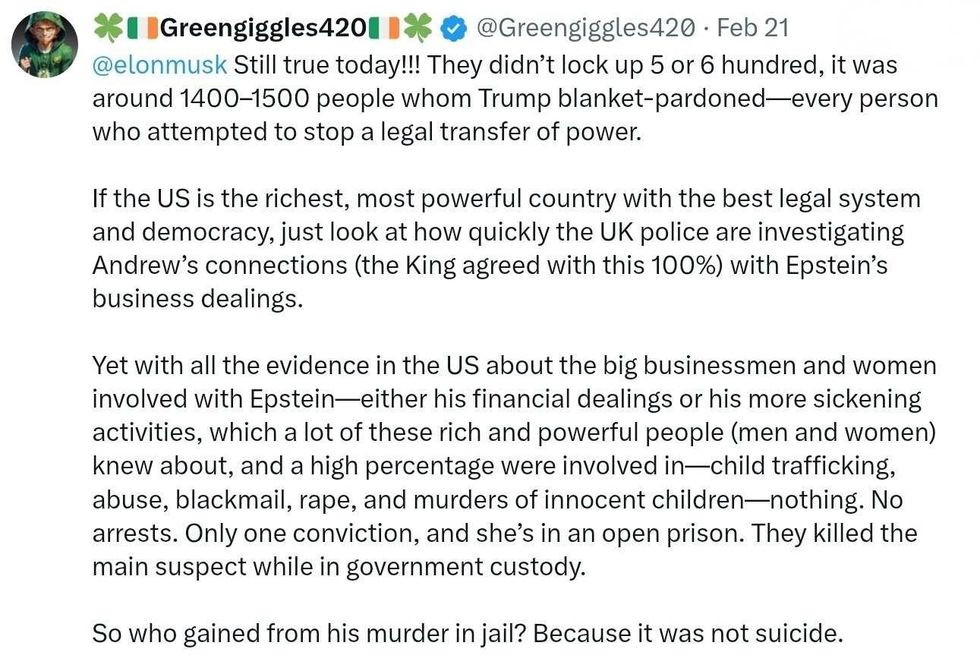 reply to @elonmusk/X
reply to @elonmusk/X
